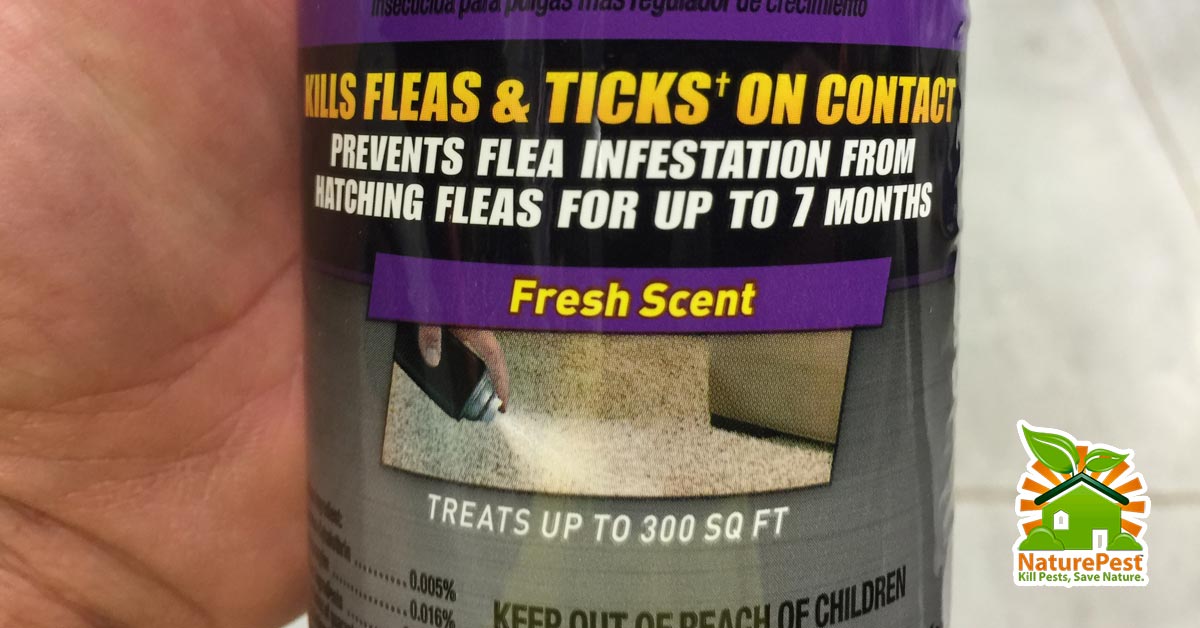Are store bought pesticides less effective than professional strength?
Many of our customers call us frustrated after months of using over the counter pesticides wanting us to spray there house thinking our professional strength pesticides are more effective.

I know what you’re expecting me to say, you expect me to trash talk about store product as inferior to professional pesticides. But that would less than sincere and outright lie.
It’s not that our pesticides are more effective is that if you don’t understand the formulation, mode of action and target pest and have selected the wrong active ingredient.
The problem most people have with effectively controlling pests is they have come to believe that a single chemical product will solve all there problems, because this is the way they have used most chemicals.
Everyone uses chemicals all the time mostly detergent products like cleaners and degreasers and most all of them work the same way it’s a matter of brand preference and price.
Bleach is bleach and soap is soap. But grease on dishes is always the same it hasn’t changed in a hundred years. Laundry detergent has not really improved much either, you would think with all the new and improved versions that clothes would look like new forever.
When it comes to pests and pesticides everything changes. Enter in the individual intricate aspects of each insect species. If you have an insect wouldn’t an insecticide kill it? Well yes and not really.
Let me explain, not every pest is an insect and not every insect is a pest. Huh, a roach is an insect and a pest. A tick is not an insect and a pest, it is related to the arachnid family, the insecticide that controls a tick very easily will not control a roach infestation.
discus active ingredients, the active ingredient is the actual pesticide not the Brand.
The active ingredient Bifenthrin is the chemical component and 7.9% is the concentration. It’s knowing which active ingredient and at what concentration to apply it the will determine if you get control or not.
What dilution is required the same active ingredient with the same concentration might require to different dilutions. For ant control you might need a 3% solution but for ticks it might require a 6% and two applications 7 days apart to break the life cycle, Its not just what you apply but at what concentration and frequency.
What is the life cycle of the pest?
Does the insect take 30 days from birth to death or 6 months.
Does it produce an egg every 6 weeks or every 6 days.
Does it produce 16 nymphs or 160.
Does it reproduce in the ground, water, tree or all
Having this information will help you determine what active ingredient at what concentration how often and where.
Pesticide Formulation
Just because the active ingredient works to kill the pest doesn’t mean you can apply it the same way.
To control roaches the active ingredient might work better if added to a food product that the roach can eat and die like a roach gel. For a carpenter ant the same active ingredient might work best added to a food product in granular bait and for a flea problem the same active ingredient will work best in a spray.
With out knowing this important information you can try all the pesticides on the market misapply them not get control and still be convinced they don’t work like professional pesticides.
Store bought products only work for the purpose and pest that it was designed for. The reason professional exterminators can get control quicker and more effectively is because they have all this information through study and experience of using pesticide in ways that do and don’t work they have paid the price to know.







